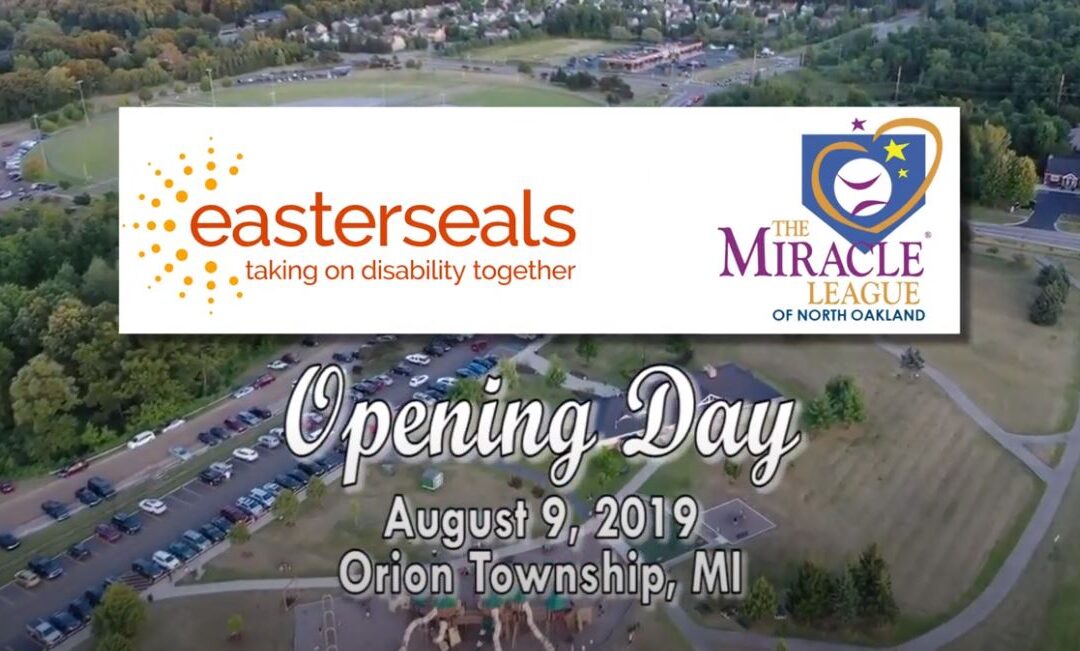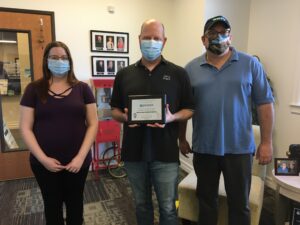COVID-19 Exposure Alert App Statewide
MDHHS and DTMB Roll Out COVID-19 Exposure Alert App Statewide
Anonymous MI COVID Alert app notifies users of possible coronavirus exposure
FOR IMMEDIATE RELEASE
November 9, 2020
Contact: Bob Wheaton, 517-241-2112
LANSING, MICH. As part of the state’s continued efforts to slow the increasing spread of COVID-19, the Michigan Department of Health and Human Services (MDHHS) and Michigan Department of Technology, Management and Budget (DTMB) today announced the statewide rollout of the COVID-19 exposure notification app MI COVID Alert.
The anonymous, no cost and voluntary app, piloted in Ingham County and on the campus of Michigan State University last month, lets users know whether they may have recently been exposed to COVID-19. Users can confidentially submit a positive test result into the app and alert others in recent proximity that they may have also been exposed to the virus.
“COVID cases and deaths are now rising fast,” said Robert Gordon, director of MDHHS. “Using MI COVID Alert on your cell phone is a simple, safe step that everyone can take to protect themselves and their loved ones. It’s free, it’s easy, and it protects your privacy.”
Every Michigander is encouraged to download MI COVID Alert. Research from Oxford University found a potential to reduce infections and deaths, even if just 15% of a population uses an exposure notification app like MI COVID Alert. In the initial weeks of the MSU-Ingham County pilot alone, 46,704 people downloaded the app. The number is the equivalent of approximately 23% of Ingham County residents ages 18- to 64-years-old and nearly 16% of the total Ingham County population.
“This app has the potential to provide the kind of early exposure notification that is critical to preventing the spread of the virus,” said Michigan State University Executive Vice President for Health Sciences, Dr. Norman J. Beauchamp Jr. “In addition to wearing a mask, social distancing and getting tested, downloading the app is one of the most important steps we can take to help keep our communities safe.”
When a person tests positive for COVID-19, they receive a randomly generated PIN from the local health department or State of Michigan case investigators that allows them to share their test results anonymously on the app. MI COVID Alert uses randomly generated phone codes and low energy Bluetooth technology instead of GPS location to protect privacy while looking back in time to determine close contact with other phones that have the app. If someone was in close contact with another person who submitted a positive COVID-19 test result, the close contact will receive a push notification once the positive test result is entered into the system. A notification means the app user was possibly within six feet for at least 15 minutes of someone who tested positive. Michigan worked with Apple and Google to make MI COVID Alert compatible with similar apps in other states. The app works in conjunction with traditional contact tracing, mask-wearing, hand washing and social distancing, but is not a replacement for these precautions or participation in contact tracing.
People who are exposed to COVID-19 should get tested and consider quarantining, including watching for symptoms for 14 days from the date of possible exposure. Individuals in need of testing may visit the COVID-19 website to find a testing location near them. They may also contact the Michigan COVID-19 hotline by calling 888-535-6136 from 8 a.m. to 5 p.m., Monday through Friday, or dialing 2-1-1 on their mobile phone to locate and schedule an appointment at a nearby, off-campus testing location.
The exposure notification feature included in recent iOS and Android operating system updates only works with a companion app like MI COVID Alert. The app is available in the Apple and Google app stores.
Other states, including Virginia, Arizona, New York, Alabama and New Jersey, recently launched similar exposure notifications apps statewide. Additional states have apps in development.
Information around the COVID-19 outbreak is changing rapidly. The latest information is available at Michigan.gov/Coronavirus and CDC.gov/Coronavirus.










